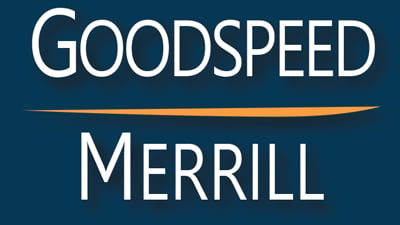Whether you are a growing business or an established household name, you want to protect what is yours. At the same time, you also want to make sure that you don’t inadvertently infringe on the rights of anyone else.
Intellectual property is vital in the commercial field. Protecting your intellectual property means that your brand is secure and your competition has to play fairly. Failing to protect your intellectual property exposes you to a number of risks. The starting point in shoring up this side of your business is obtaining accurate information. There are numerous myths about intellectual property in circulation, as outlined below:
Myth: No copyright symbol means fair game
Traditionally, the law stated that creative work had to have a copyright symbol in order to be protected. However, the law is constantly evolving, particularly in the online realm. Thus, creative work does not necessarily need to have a symbol on display to be protected.
Myth: “My employee” means “my property” when it comes to their creations
Innovative workers frequently produce ideas and even implement designs that are extremely useful and unique. Business owners are commonly under the impression that anything created by their employees falls under their ownership automatically. This is not the case. If an employer wants legal rights to employee creations, then they need to make sure this is part of the employment contract.
Myth: Patents cover all territories
Another common misconception is that U.S. patents grant worldwide protection. As with any other aspect of the law, countries tend to have their own rules and regulations, with intellectual property law being no exception. Gaining a U.S. patent will offer security within its territories, but global traders will need to seek protection in the individual countries they operate in.
Protecting your intellectual property is a key aspect of establishing your brand. If you have run into trouble in this area, take a closer look at your legal rights.
